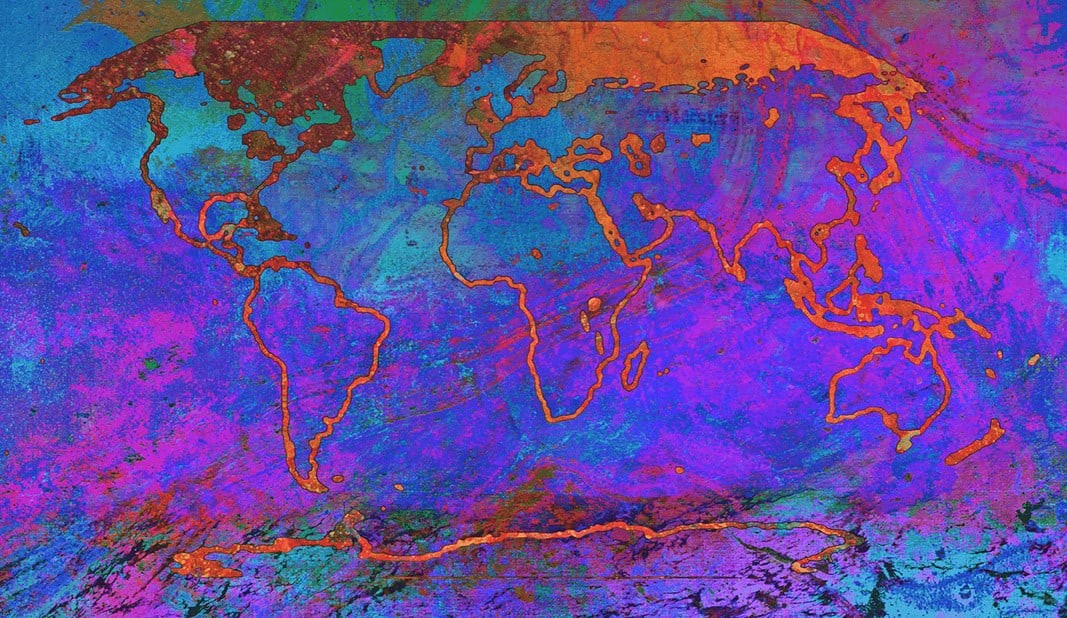The Arctic Ocean is “likely” to get to a point of not having ice on its surface within the next 30 years due to global warming, a new report warns.
According to a report released this week by the Intergovernmental Panel on Climate Change (IPCC):
“Additional warming is projected to further amplify permafrost thawing, and loss of seasonal snow cover, of land ice and of Arctic sea ice (high confidence). The Arctic is likely to be practically sea ice free in September at least once before 2050 under the five illustrative scenarios considered in this report, with more frequent occurrences for higher warming levels. There is low confidence in the projected decrease of Antarctic sea ice.”
Other ocean-related conclusions from the “Summary for Policymakers” portion of the report include:
“It is virtually certain that the global upper ocean (0–700 m) has warmed since the 1970s and extremely likely that human influence is the main driver. It is virtually certain that human-caused CO2 emissions are the main driver of current global acidification of the surface open ocean. There is high confidence that oxygen levels have dropped in many upper ocean regions since the mid-20th century, and medium confidence that human influence contributed to this drop. . . .
“Global mean sea level increased by 0.20 [0.15 to 0.25] m between 1901 and 2018. The average rate of sea level rise was 1.3 [0.6 to 2.1] mm yr–1 between 1901 and 1971, increasing to 1.9 [0.8 to 2.9] mm yr–1 between 1971 and 2006, and further increasing to 3.7 [3.2 to 4.2] mm yr–1 between 2006 and 2018 (high confidence). Human influence was very likely the main driver of these increases since at least 1971. . . .
“In 2011–2020, annual average Arctic sea ice area reached its lowest level since at least 1850 (high confidence). Late summer Arctic sea ice area was smaller than at any time in at least the past 1000 years (medium confidence). The global nature of glacier retreat, with almost all of the world’s glaciers retreating synchronously, since the 1950s is unprecedented in at least the last 2000 years (medium confidence). . . .
“Global mean sea level has risen faster since 1900 than over any preceding century in at least the last 3000 years (high confidence). The global ocean has warmed faster over the past century than since the end of the last deglacial transition (around 11,000 years ago) (medium confidence). A long-term increase in surface open ocean pH occurred over the past 50 million years (high confidence), and surface open ocean pH as low as recent decades is unusual in the last 2 million years (medium confidence).”
Check out the full report here.
(Featured image credit: “Changing” by the artist Alisa Singer)

